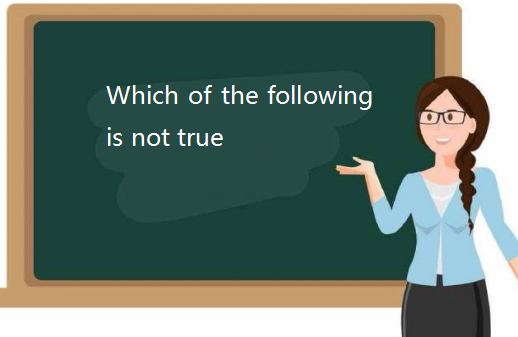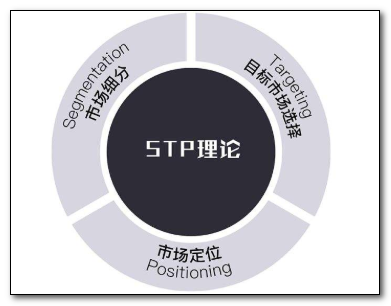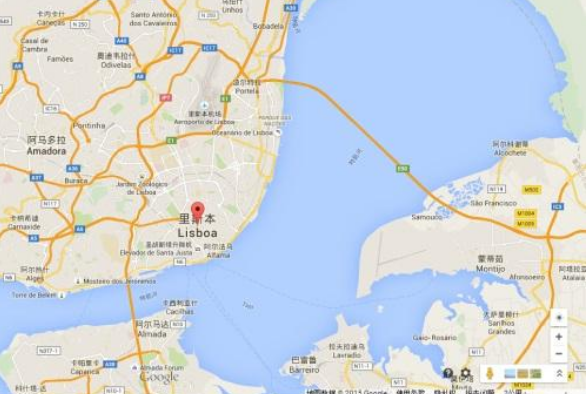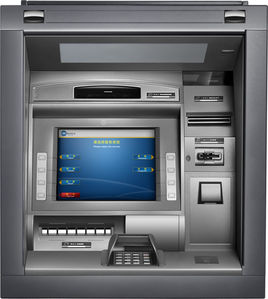意思是:下列哪项是不正确的;
following 英[ˈfɒləʊɪŋ] 美[ˈfɑ:loʊɪŋ]
adj. 后面的,其次的; 下列的; 顺风的;
n. 跟随; 崇拜者,拥护者; 下列,如下; 随球;
prep. 随后,在…以后;
[例句]For my part, I agree with the latter opinion for the following reasons.我同意后者,有如下理由。
3、which 英[wɪtʃ] 美[hwɪtʃ,wɪtʃ]
pron. 哪个; 哪一个; 哪一些; 那,指前面提到的事物;
adj. 哪一个; 哪一些;
[例句]Which train do I take to Beijing?去北京我可以坐哪趟火车?
扩展资料:
which的用法
1、引导非限制性定语从句时,通常要用which:
The current,which is very rapid,makes the river dangerous.水流湍急,使这条河很危险。差培局
He has to work on Sundays,which he doesn’t like.他得在星期天工作,他是不喜欢这样的。
The London team,which played so well last season,has done badly this season.伦敦队上一个季度打得很好,这个季度却打得很差。
2、 直接放在介词后作宾语时,通常要用which:
She may be late,in which case we ought to wait for her.她可能晚到,那样我们就要等等她。
The documents for which they were searching have been recovered.他们找寻的文件已找到了。
This morning some port wine came,for which I have to thank you.今天早上送来一些波尔图葡萄酒中握,为此我得向你道谢。
注:有时“介词+which”引导的定语从句可以转换成“介词+which+不定式”结构:
He had only the long nights in which he could study.=He had only the long nights in which to study.他只有漫漫长夜可虚让用来学习。
He had a couple of revolvers with which he could defend himself.=He had a couple of revolvers with which to defend himself.他只有一两把手枪用来自卫。


















